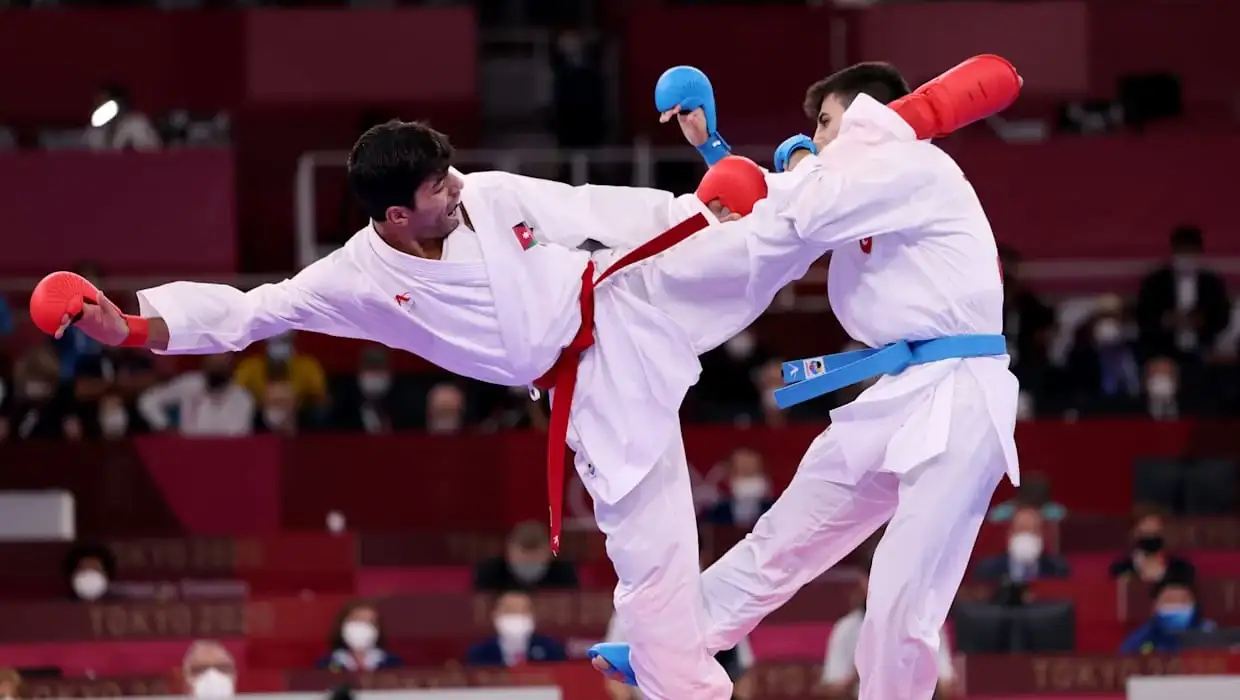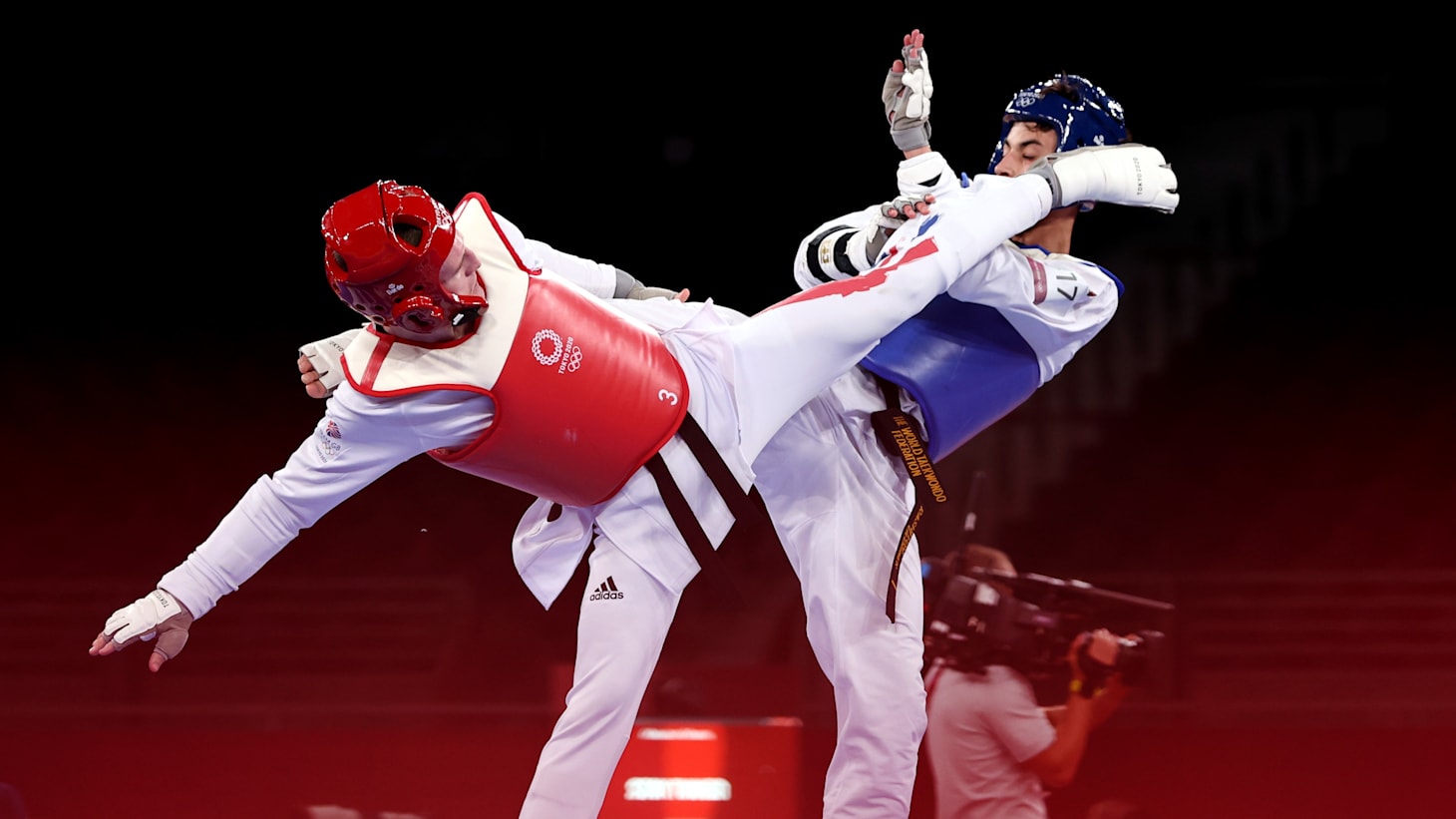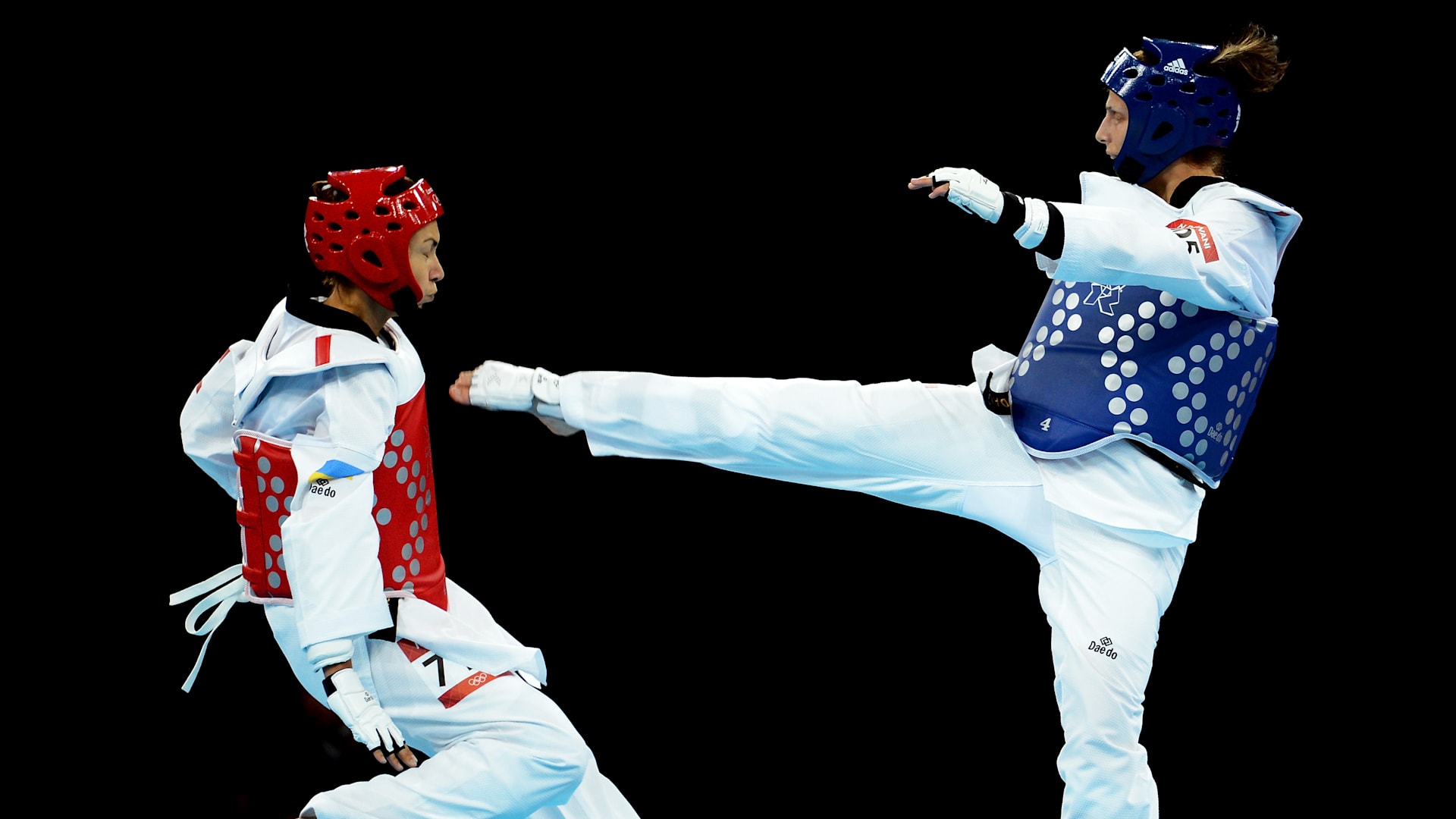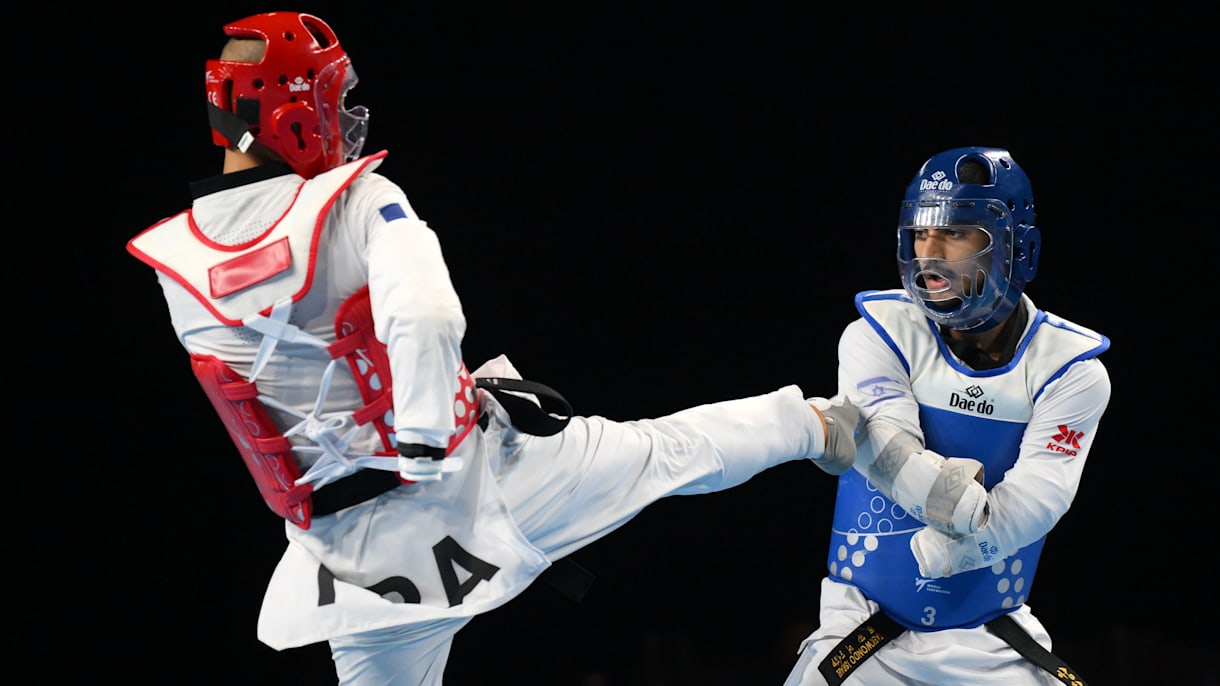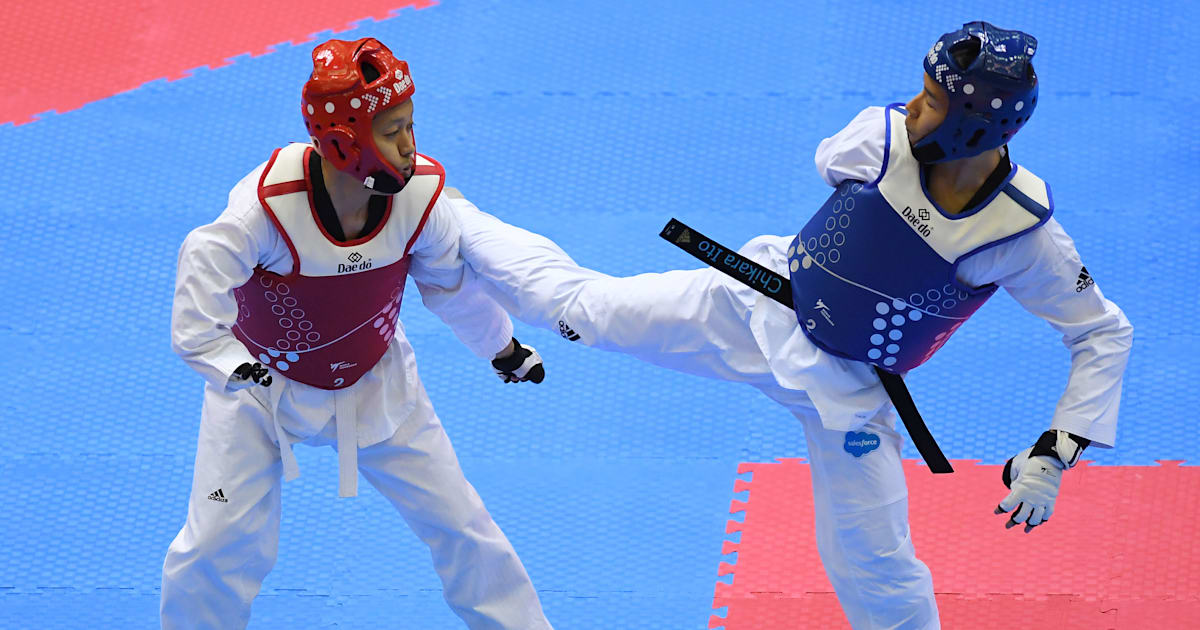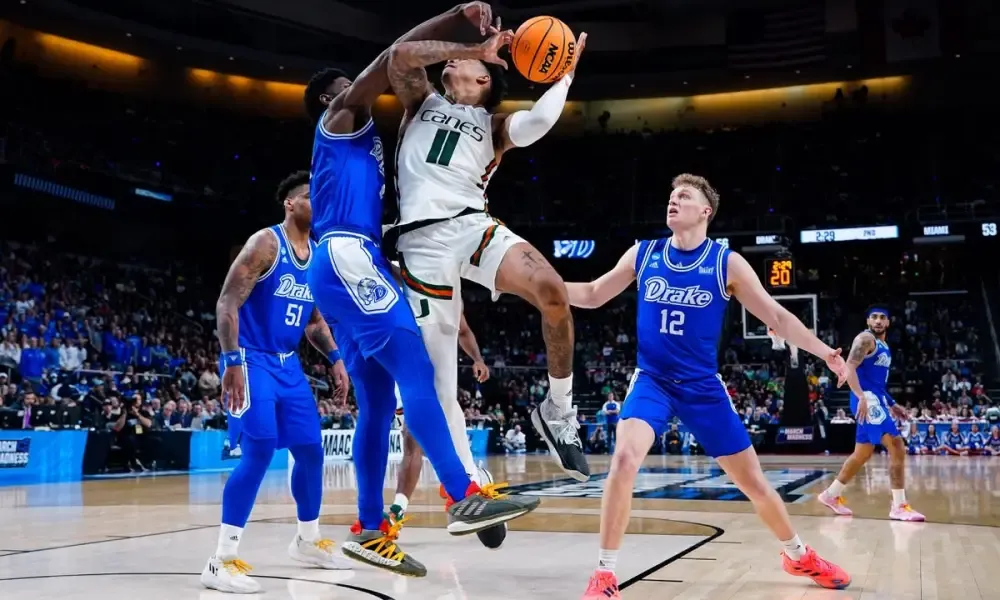Taekwondo, a martial art known for its dynamic kicks and rapid movements, is poised to be a thrilling highlight at the Paris 2024 Olympics. As one of the most popular Olympic sports, Taekwondo combines elements of combat, athleticism, and strategy, captivating audiences and challenging athletes to showcase their skills. This article explores the intricacies of Taekwondo, its history, competition format, and the athletes to watch at the upcoming Olympics.
A Brief History of Taekwondo
Originating from Korea, Taekwondo has roots that trace back over 2,000 years. It evolved from ancient martial arts, particularly those practiced by the Korean military. The modern form of Taekwondo was established in the mid-20th century, with the official International Taekwondo Federation (ITF) founded in 1966. Subsequently, in 1973, the World Taekwondo Federation (WTF), now simply known as World Taekwondo (WT), was created, unifying different styles and standardizing competition rules.
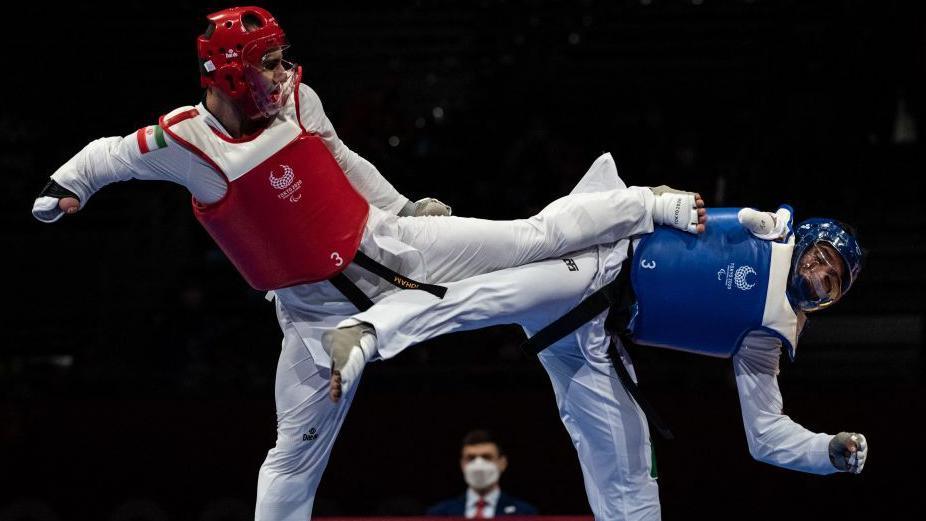
Taekwondo made its Olympic debut as a demonstration sport in the 1988 Seoul Olympics and became an official Olympic sport in 2000 in Sydney. Since then, it has grown in popularity, with athletes from around the world competing for medals.
The Essence of Taekwondo
At its core, Taekwondo emphasizes not only physical skill but also mental discipline, respect, and self-control. It incorporates a variety of techniques, including:
Kicks: Taekwondo is renowned for its high and fast kicks. Techniques such as the roundhouse kick, sidekick, and backkick are commonly used.
Blocks: Defending against opponents' attacks is crucial, and various blocking techniques are employed to safeguard against strikes.
Footwork: Quick, agile footwork allows athletes to move in and out of range, evade attacks, and position themselves effectively for counterattacks.
Competition Format
Taekwondo competitions at the Olympics are divided into weight categories for both men and women. Athletes compete in a series of rounds, with matches typically lasting three rounds of two minutes each. Scoring is based on the quality and accuracy of strikes, with points awarded for valid kicks and punches to specific target areas.
Key Rules:
Point Scoring: Points are awarded for strikes delivered to the head or body. A headkick earns more points than a body shot.
Penalties: Athletes can receive penalties for illegal moves, such as hitting below the waist or engaging in unsportsmanlike conduct.
Victory: Matches can be won by scoring more points than the opponent, knocking them out, or having the opponent disqualified.
Training and Preparation
The preparation for Olympic-level Taekwondo involves rigorous training, combining physical conditioning, technique refinement, and mental fortitude. Athletes typically follow a comprehensive regimen that includes:
Technical Skills: Training focuses on perfecting kicks, blocks, and footwork, often incorporating drills and sparring sessions.
Physical Conditioning: Strength training, cardiovascular workouts, and flexibility exercises are essential to enhance performance and prevent injuries.
Mental Conditioning: Athletes work on strategies for dealing with pressure, maintaining focus during competition, and visualizing success.
Key Athletes to Watch
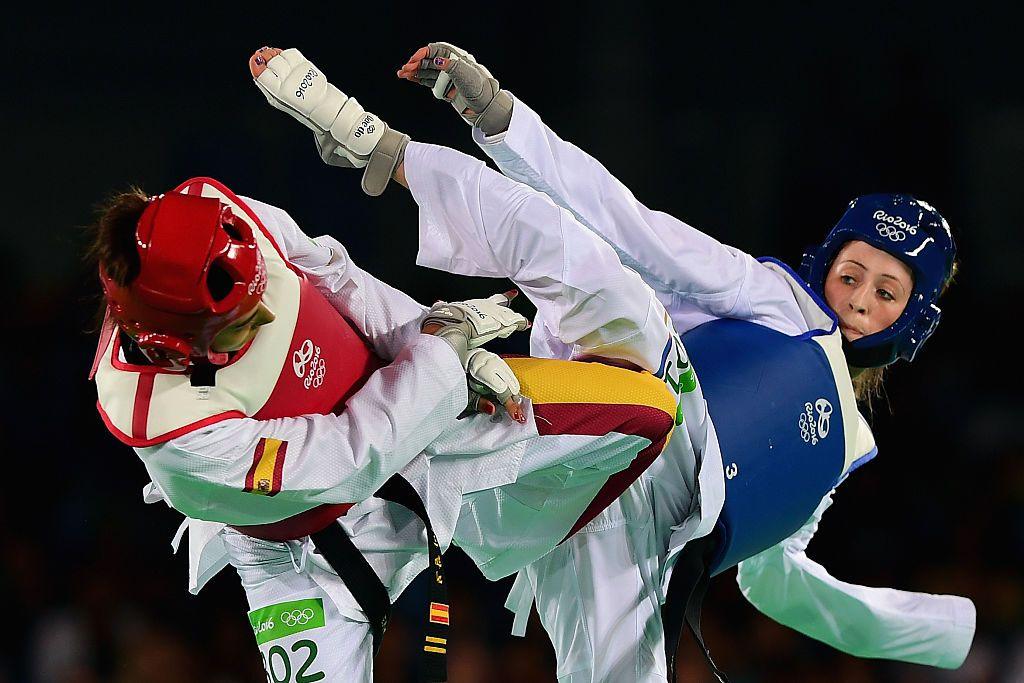
As the Paris 2024 Olympics draw near, several Taekwondo athletes have emerged as strong contenders for medals. Here are some notable athletes to keep an eye on:
Steven Lopez (USA)
A decorated Taekwondo competitor, Steven Lopez has made a significant mark in the sport, including winning two gold medals at the 2000 Sydney Olympics. After a challenging period away from the sport, Lopez is aiming for a triumphant return, bringing a wealth of experience and skill to the competition.
Dae-hoon Lee (South Korea)

Dae-hoon Lee is a formidable presence in the Taekwondo arena, known for his lightning-fast kicks and tactical prowess. As a previous Olympic champion, he is a leading contender for another medal at Paris 2024, representing the powerhouse of Taekwondo in South Korea.
Jade Jones (Great Britain)
Jade Jones, a two-time Olympic gold medalist, has become a household name in Taekwondo. With her speed, agility, and strategic mind, she is not only a strong competitor but also an inspirational figure in women's sports. Jones will be looking to add another medal to her collection in Paris.

Jisshu Ueta (Japan)
Rising star Jisshu Ueta has quickly made a name for himself in the Taekwondo world. With impressive performances in recent competitions, he is expected to be a fierce competitor at the Olympics, showcasing the depth of talent emerging from Japan.
The Impact of Technology

The influence of technology in Taekwondo is undeniable. From advanced training equipment to video analysis software, athletes are utilizing technology to enhance their skills and performance. High-speed cameras allow for detailed breakdowns of techniques, helping athletes refine their skills and strategies.
Additionally, electronic scoring systems have been implemented to ensure fair competition, tracking points in real-time, and reducing the potential for human error in scoring.
Cultural Significance

Taekwondo extends beyond the Olympic stage; it represents a rich cultural heritage. The sport emphasizes respect, discipline, and perseverance, values deeply ingrained in Korean culture. Taekwondo schools, known as dojangs, foster a sense of community and provide a platform for individuals of all ages to learn and grow.
As the Olympics approach, Taekwondo serves as a bridge between cultures, bringing together athletes from diverse backgrounds united by a shared passion for martial arts.
Conclusion

Taekwondo at the Paris 2024 Olympics promises to be an exhilarating spectacle, showcasing the skills, determination, and spirit of athletes from around the globe. With its dynamic kicks, strategic maneuvers, and cultural significance, Taekwondo is set to captivate audiences and inspire the next generation of martial artists.
As athletes like Steven Lopez, Dae-hoon Lee, Jade Jones, and Jisshu Ueta prepare to compete for glory, the anticipation surrounding their performances builds. The quest for Olympic success is a journey filled with challenges, sacrifices, and triumphs—a testament to the human spirit and the power of perseverance.
The upcoming Olympics will not only highlight the physical prowess of these athletes but also celebrate the rich history and cultural significance of Taekwondo, reinforcing its status as one of the most thrilling sports on the Olympic program. As the world watches, the stage is set for a remarkable display of skill, agility, and heart at Paris 2024.

